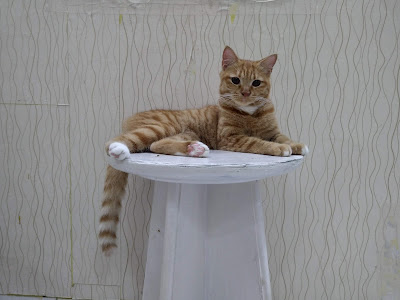Cheapest Cat Insurance with Full Coverage: Affordable Protection for Cat Owners 🐱

How to Protect Your Cat Without Breaking Your Budget 1️⃣ When Loving a Cat Becomes Financially Scary No cat owner ever expects to hear the words, “Your cat needs emergency treatment.” One moment, your cat is sleeping peacefully on the couch. The next, you’re standing in a veterinary clinic, staring at an estimate that costs more than your monthly rent. Many cat owners face this reality every year, and most are unprepared. Veterinary medicine has advanced rapidly, but those advancements come at a price. X-rays, blood tests, hospital stays, and surgeries add up quickly. Even indoor cats, often assumed to be “safe,” can suffer from sudden illnesses, urinary blockages, dental disease, or chronic conditions like kidney failure. This leads to a painful dilemma: Do you delay treatment? Do you drain your savings? Or do you go into debt to save your cat? That’s why more owners are searching for the cheapest cat insurance with full coverage, protection that offers peace of...


.jpg)


